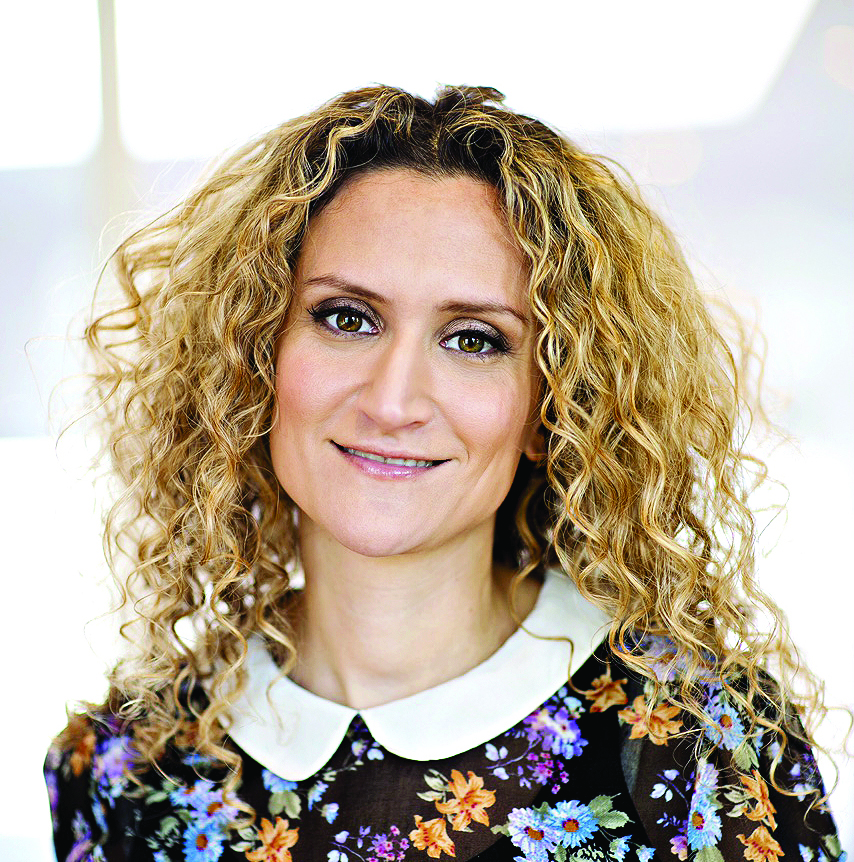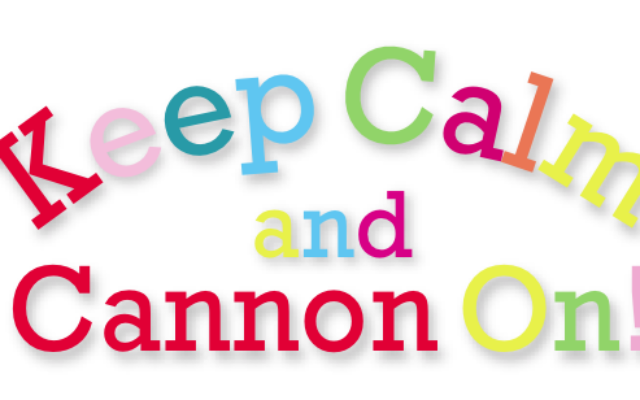Ask Dr Ellie Cannon! This week: Molluscum, osteoporosis and cold fingers
Our resident GP answers your burning medical questions...
Q My seven-year-old has two clusters of little bumps on his skin. The GP says there is nothing we have to do about them and we should just wait for them to clear up. They look like warts, but he says they’re different.
It sounds like he has a really common childhood condition called Molluscum. I see this at least weekly in my clinic, but I think most people haven’t heard of it. That’s possibly because parents don’t often discuss it – it doesn’t look that nice and so understandably it has embarrassment associated with it.
It really shouldn’t have, as it is very common in primary school age children and just ‘one of those things’; it is not related to cleanliness and should have no stigma attached to it.
Molluscum looks like little pearly bumps on the skin and usually, like in your son, they come in little clusters. Most children get maybe four or five, but some can be unlucky and get a lot more. The condition is caused by a virus like the one that causes warts and the condition is totally harmless.
There are two main issues: firstly, there is no mainstream treatment for it and secondly the bumps take at least 12 to 18 months to clear up naturally. It can be upsetting if children feel self-conscious about them, but usually they are on the body under clothes: I find mums are generally more upset than the kids. I would advise not to mention them to your son and wait for them to go naturally.
Q My mother is 80 and has been told she has osteoporosis. She says the calcium tablets she has been given are unpalatable, so refuses to take them. Are they essential?

Osteoporosis is a condition where the bones lose the density and strength they once had, and this makes people vulnerable to broken bones.
In someone elderly like your mum this is particularly important, as elderly people are more prone to trips and falls, so more susceptible to a fracture.
Your mother should have been assessed by her GP for her risk from fractures: nowadays this determines how we treat osteoporosis, as it is not one-size-fits-all any more.
Calcium is prescribed for people with osteoporosis if their diet calcium intake is inadequate. In order for your mum to stop her calcium tablets, she needs to be having 700-1,000mg of dietary calcium a day. That means a diet rich in milk, yoghurt, leafy vegetables like kale and broccoli, and sardines.
To give an idea of how that would look, a 200ml glass of milk contains 240mg of calcium and a tin of sardines around 500mg; so if she likes that type of food, her diet could be adequate. You can find useful calcium calculators online to see if she gets enough, for example at the British Dietetic Association website.
Even if she doesn’t take calcium tablets, she will still need to take vitamin D tablets. Both are essential for healthy, strong bones, and vitamin D is not easy to come by from the diet or minimal sunshine we have in the UK.
Q With the cold weather we’ve been having lately, my fingers have occasionally been very painful and sometimes they turn white or blue. Is this just poor circulation?
Yes, it certainly could be. It sounds like you have a relatively common circulation condition called Raynaud’s phenomenon. This is when the fingers and toes become cold, uncomfortable and pale, and normally happens in cold weather.
The fingers often change colour as you describe, changing from normal to white and then often to blue, before returning to normal. It can be quite painful, particularly at the end of the fingers, as the blood supply shuts down temporarily: it is caused by a spasm in the blood vessels at the end of the fingers.
The white you see is a lack of blood when the blood vessels have shut down. It is important to keep your whole body warm as symptoms are then less likely to occur, so wear a hat and scarf, as well as warm socks and gloves. Dress up warm before you go out as opposed to waiting to feel cold before putting your woollies on.
You can buy special portable heat packs and even heated gloves in some pharmacists especially for this problem. It may help to cut down caffeine and stop smoking to improve your circulation, and NICE guidelines recommend regular exercise to improve blood flow. Some people need medication to control the problem: we use a blood pressure tablet called nifedipine, so if keeping warm fails, have a chat with your doctor.

Thank you for helping to make Jewish News the leading source of news and opinion for the UK Jewish community. Today we're asking for your invaluable help to continue putting our community first in everything we do.
For as little as £5 a month you can help sustain the vital work we do in celebrating and standing up for Jewish life in Britain.
Jewish News holds our community together and keeps us connected. Like a synagogue, it’s where people turn to feel part of something bigger. It also proudly shows the rest of Britain the vibrancy and rich culture of modern Jewish life.
You can make a quick and easy one-off or monthly contribution of £5, £10, £20 or any other sum you’re comfortable with.
100% of your donation will help us continue celebrating our community, in all its dynamic diversity...
Engaging
Being a community platform means so much more than producing a newspaper and website. One of our proudest roles is media partnering with our invaluable charities to amplify the outstanding work they do to help us all.
Celebrating
There’s no shortage of oys in the world but Jewish News takes every opportunity to celebrate the joys too, through projects like Night of Heroes, 40 Under 40 and other compelling countdowns that make the community kvell with pride.
Pioneering
In the first collaboration between media outlets from different faiths, Jewish News worked with British Muslim TV and Church Times to produce a list of young activists leading the way on interfaith understanding.
Campaigning
Royal Mail issued a stamp honouring Holocaust hero Sir Nicholas Winton after a Jewish News campaign attracted more than 100,000 backers. Jewish Newsalso produces special editions of the paper highlighting pressing issues including mental health and Holocaust remembrance.
Easy access
In an age when news is readily accessible, Jewish News provides high-quality content free online and offline, removing any financial barriers to connecting people.
Voice of our community to wider society
The Jewish News team regularly appears on TV, radio and on the pages of the national press to comment on stories about the Jewish community. Easy access to the paper on the streets of London also means Jewish News provides an invaluable window into the community for the country at large.
We hope you agree all this is worth preserving.






















